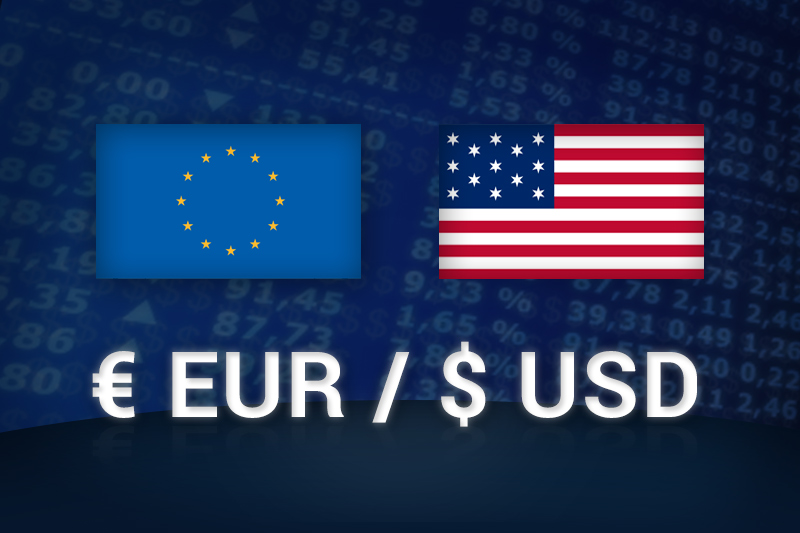Investing.com - The euro was steady against the U.S. dollar on Tuesday, holding above the critical 1.30 level as concerns that political uncertainty in Greece and France could lead to an escalation of Europe’s debt crisis continued to weigh.
EUR/USD hit 1.3001 during European afternoon trade, the session low; the pair subsequently consolidated at 1.3025, slipping 0.20%.
The pair was likely to find support at 1.2954, Monday’s low and a three-month low and resistance at 1.3079, Friday’s low.
In Greece, political leaders were continuing to hold cross party talks aimed at forming a government, amid fears that the country will not have a government in place in time to secure its next tranche of international aid next month, as new elections look increasingly likely.
An initial attempt at forming a coalition government by the country’s largest party, New Democracy, collapsed on Monday.
Investors were also jittery amid concerns over new French president-elect, Socialist Francois Hollande who has said he wants to renegotiate the euro zone’s fiscal pact in order to stimulate growth in the region.
The single currency found some support after official data showed that German industrial production jumped 2.8% in March, easily surpassing expectations for a 0.8% increase, after declining in each of the previous three months.
The German economy ministry also said the "the outlook for industry has improved significantly".
The euro was trading within striking distance of a three-and-a-half year low against the pound, with EUR/GBP inching up 0.05% to hit 0.8065 and was close to a two-and-a-half month low against the yen, with EUR/JPY shedding 0.36% to hit 103.88.
Later Tuesday, European Central Bank President Mario Draghi was due to speak in Frankfurt.
EUR/USD hit 1.3001 during European afternoon trade, the session low; the pair subsequently consolidated at 1.3025, slipping 0.20%.
The pair was likely to find support at 1.2954, Monday’s low and a three-month low and resistance at 1.3079, Friday’s low.
In Greece, political leaders were continuing to hold cross party talks aimed at forming a government, amid fears that the country will not have a government in place in time to secure its next tranche of international aid next month, as new elections look increasingly likely.
An initial attempt at forming a coalition government by the country’s largest party, New Democracy, collapsed on Monday.
Investors were also jittery amid concerns over new French president-elect, Socialist Francois Hollande who has said he wants to renegotiate the euro zone’s fiscal pact in order to stimulate growth in the region.
The single currency found some support after official data showed that German industrial production jumped 2.8% in March, easily surpassing expectations for a 0.8% increase, after declining in each of the previous three months.
The German economy ministry also said the "the outlook for industry has improved significantly".
The euro was trading within striking distance of a three-and-a-half year low against the pound, with EUR/GBP inching up 0.05% to hit 0.8065 and was close to a two-and-a-half month low against the yen, with EUR/JPY shedding 0.36% to hit 103.88.
Later Tuesday, European Central Bank President Mario Draghi was due to speak in Frankfurt.
